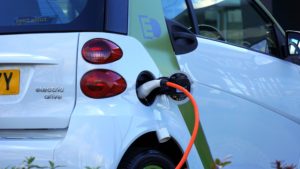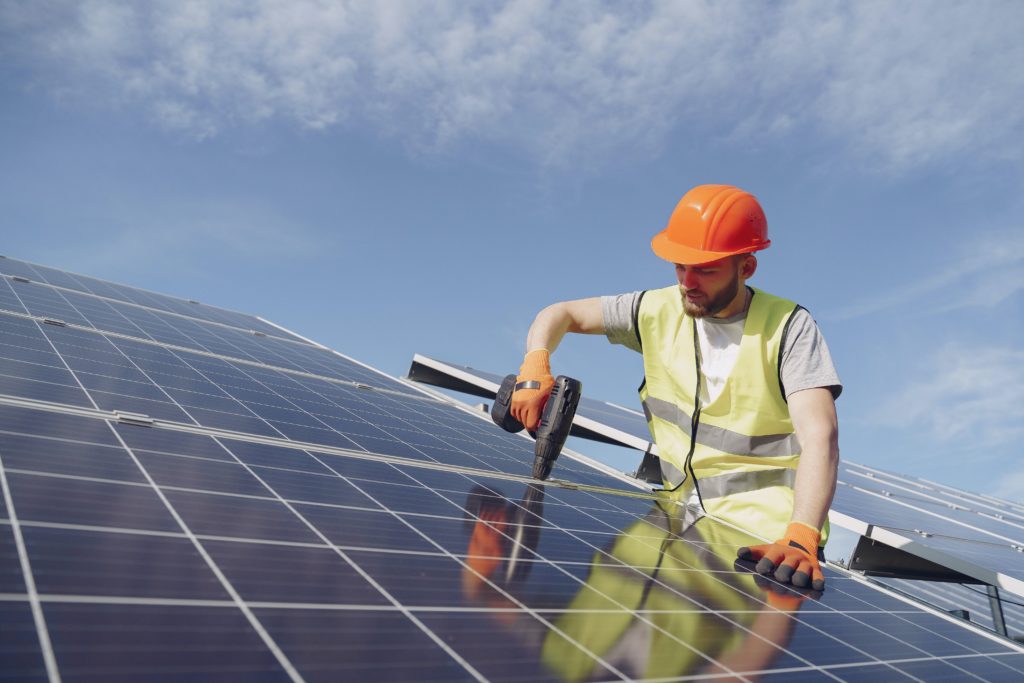When it comes to quantifying the effects of climate change, the emission of greenhouse gases or carbon dioxide (C02) is the relevant measurement. It allows us to measure our daily actions in terms of living, working, consumption, mobility, etc., and provides us with a comparably simple monitoring system.
What exactly is the greenhouse effect?
The greenhouse effect is a natural process that significantly determines the temperature on earth. It has been relatively stable for many centuries. Since industrialization, however, the occurrence of long-lived and man-made greenhouse gases has been increasing dramatically, leading to an undesirable rise in temperature. This has serious consequences for our life on the blue planet. The best-known greenhouse gases are carbon dioxide (CO₂), methane and nitrous oxide which, for the sake of simplicity, are all grouped together as CO2 equivalent. A flight to New York, the production of a ton of cement or the production of 100 kg of Bündnerfleisch therefore all cause a certain amount of CO2eq.
Climate policy is energy policy

Energy is the decisive factor in the discussion on limiting the negative effects of climate change. The production of goods, the provision of services (e.g. cryptocurrency trading), mobility: everything needs (renewable) energy. Even the production of electricity from photovoltaics or hydrogen devours grey energy. Therefore, the efficient and economical use of energy is a top priority and we can all contribute to it every day.
Switzerland goes electric

In just a few years, oil and gas heating systems in buildings will have disappeared. In many cases they will be replaced by electric heat pumps. Sales of electric cars are also increasing rapidly. Some car manufacturers want to stop producing fossil-fueled vehicles by ten years from now. And clearly, even the night train to Lisbon does not run without energy.
Digitalization at all levels is making rapid progress, but every keystroke consumes energy – and by no means little. It’s therefore clear: our society is going electric and that means we need renewable electrical energy in large quantities.
You too can make a big difference
Understanding climate change and all its effects in detail is almost impossible. But that doesn’t mean you have to wait and hope that politics, business or just others will solve the problem. Each and every one of us can make an important contribution to climate protection. You don’t have to change your entire daily life. Collecting aluminum lids is certainly not wrong, but you can achieve much more with little effort. Would you like a few tips?
- Living: Call your electricity supplier today and order 100% solar power (the best in terms of CO2 emissions). This costs a little more than the standard product, but is a highly effective measure that does not restrict your comfort.
- Mobility: If you already do without your own car and use the various car-sharing offers when needed, you can go one step further and only rent (light) electric vehicles. This reduces the CO2 emissions from operation considerably.
- Travel: A certain degree of mobility is unavoidable in our everyday lives and don’t worry, you don’t have to give up travelling completely to protect the climate. Flying cannot always be avoided, but trains and buses are of course much better for the environment. And if flights from Swiss airports are soon subject to a CO2 ticket tax, the alternatives will become even more attractive. You can be a pioneer in that respect.
Net zero by 2050
The energy and climate strategy of the official Switzerland formulates the goal of net zero by 2050. The Climate Youth demands this goal by 2030. We all can demand it. However, achieving these ambitious political goals does not simply mean a few square meters of photovoltaics here, a few electric cars there and a little less meat on the plate. It is about a holistic and not entirely painless reorientation of society according to the goals of sustainability (society, economy, ecology).
We may and should demand measures from politics and business – but then we should also make a contribution ourselves. With the WWF footprint calculator, you can measure your own ecological footprint and find out where you personally can have the greatest impact with a change. On 13 June 2021, you will also have another opportunity to do your bit for the climate. That’s when the amended CO2 Act will be put to the vote.
Have fun protecting the climate!
An article by Andreas Baumgartner
Quellen:


